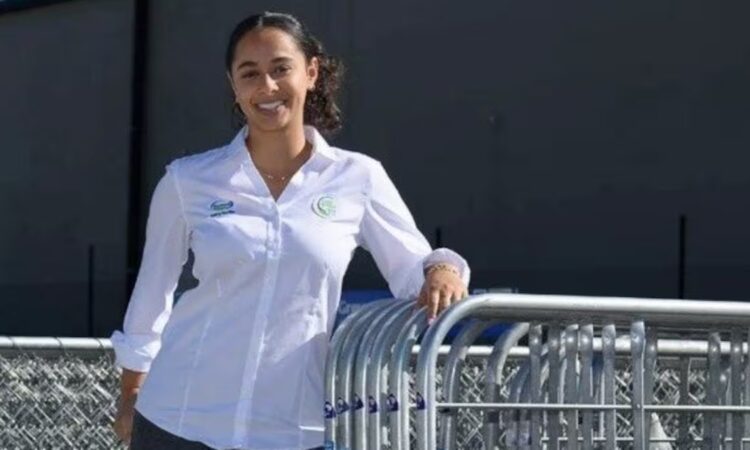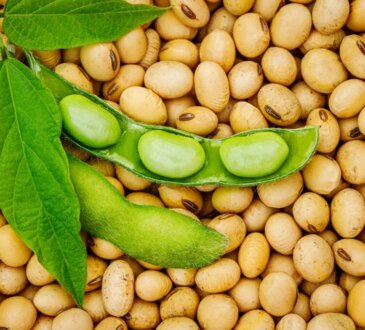From city life to farm science: How Angie Chadha built a future in agriculture

“It felt like the perfect fit for what I wanted to do in the future, especially around sustainability.
“I knew I wanted to study science, and while I originally thought I’d go into research and developing new technologies, I’ve ended up somewhere even better.”
Despite being raised in central Auckland, with no farming background or family connections to the ag sector, Chadha committed to a Bachelor of Agricultural Science degree.
She said it turned out to be the perfect foundation.
“The degree gave me a really strong base, especially in soil science.
“It’s become incredibly useful for understanding the details of pasture and plantain [the herb pasture plant that reduces nutrient loss on-farm] and different types of farm systems.
“It helps me have in-depth conversations with farmers, and I’m adding to my knowledge every day.”
Alongside her studies, Chadha completed practicums with Bayer Crop Science and Auckland Council.
“I wanted to stay close to home for my practicums, and it worked out well because I knew I didn’t want to be working directly on a farm.”
Chadha said she wanted to work with and support farmers instead.
“Working with Auckland Council was interesting as I focused on a mixture of things, from environmental compliance to visiting covenants and QEII land to see how farmers were taking care of the protected areas.”
Making the move to Palmerston North for her degree was a big step.
Chadha said she wasn’t sure what to expect from attending a university in a smaller city, but quickly found many key people who would shape her Massey experience.
“Palmy and Auckland are very different, but what made it for me was the people,” she said.
“I got to mix with a wide variety of people, which made it easier knowing they came from all over.
“I’ve made some amazing, life-long friends during my degree, and that made all the difference.
“I liked having everything rural so close, and I even found my partner in Palmy.”

In her final year, Angie applied for the Fonterra Farm Source Agribusiness Programme and got the news the very next day she’d been accepted.
She began her Fonterra journey in February this year, ticking off a long-held goal and representing Massey as one of three graduates selected for the two-year programme.
“My passion is research, improving on-farm efficiency and helping farmers, which makes Fonterra the perfect fit,” she said.
“I have an amazing role where I split my time between the office and the field, shadowing the Farm Source team.
“Over the last six months, I’ve been doing farm visits, learning how we account for emissions and seeing how small changes can make a big difference on a farm.”
Chadha believes agriculture is for everyone, no matter where they started.
“I didn’t step on a farm until my first farm visit, as I started at Massey.
“I had no farming background at all, so don’t let that put you off an ag career.”
Chanda said it was important to bring new people to agriculture.
“We can’t just rely on farmers’ kids to keep farming alive – succession is hard to plan for, and it isn’t just a generational thing anymore.
“New Zealand is a primary production nation – we have nothing without ag, so everyone can play a part.”
Looking back, Chadha said her journey had taken her further than she had ever expected.
“You have to create your own opportunities.
“I didn’t realise how much was out there.”
She said new jobs in agriculture, environmental work and horticulture came up every day.
“It’s about stepping outside your comfort zone and discovering what’s out there for you.
“I thought I wanted to create new technology, but now I know my biggest passion is helping farmers – and that’s exactly where I’m meant to be.”
Having now moved to Christchurch, Chada said she was enjoying the close connections and hoped to remain in the region once the programme ended.
Her long-term goal, however, is to work overseas and gain a broader understanding of agriculture around the world.
“I think it’s really important to get practical, hands-on experience with what farmers around the world are doing in terms of efficiency and sustainability,” she said.
“Agriculture is so transferable, it gives you skills you can apply globally.”



